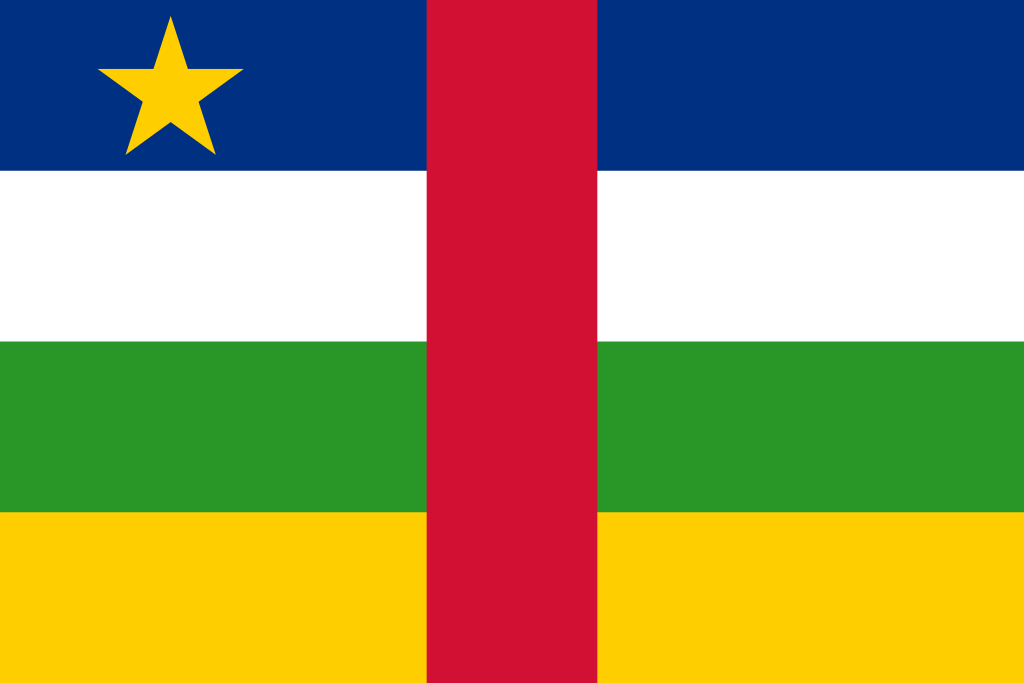Scores of seasoned mercenaries hailing from the Wagner Group have reportedly descended upon the politically turbulent Central African Republic (CAR), with a mandate to safeguard an impending referendum, according to a statement on Sunday by a Russian private security company.
The strife-ridden nation, already a theatre of operations for Wagner contractors aiding the governmental forces against insurrectionists, is bracing for a decisive vote. The outcome of this constitutional amendment could potentially pave the way for incumbent President Faustin Archange Touadera to campaign for an unprecedented third term.
A dispatch from the Officers’ Union for International Security (OUIS) on Telegram read, “Another aircraft bearing instructors has touched down in Bangui to bolster our efforts in the Central African Republic.”
The statement further explained, “Our planned rotation persists. A cadre of several hundred battle-hardened Wagner professionals is integrating into our CAR workforce.”
The Russian contingent is set to continue their supportive role with CAR military forces, ensuring stability and security in the run-up to the constitutional plebiscite slated for the 30th of July.
The United States has implicated the OUIS as a smokescreen for the Wagner Group’s operations in CAR. The enterprise is steered by Alexandre Ivanov, a Russian national who found himself targeted by American sanctions earlier this year in January.
OUIS justified their operations, stating that its instructors have been moulding the CAR security forces for over half a decade, resulting in a noticeable uptick in the overall security of the nation.
Despite recent claims from multiple overseas sources that Wagner contractors have been vacating CAR – an assertion strongly denied by the government – the future of the Yevgeny Prigozhin-led private paramilitary consortium remains clouded in uncertainty. This follows the group’s short-lived insurrection against Russian President Vladimir Putin’s administration on the 23rd and 24th of June. Wagner forces seized Russian military installations and spearheaded an advance towards Moscow before a negotiated resolution, brokered by the Belarusian head of state Alexander Lukashenko, prevailed. The specifics of this arrangement are yet to be fully disclosed.
Despite the group’s controversial activities abroad, particularly in Syria and numerous African nations, their operations have yet to draw any significant public scrutiny or condemnation.





